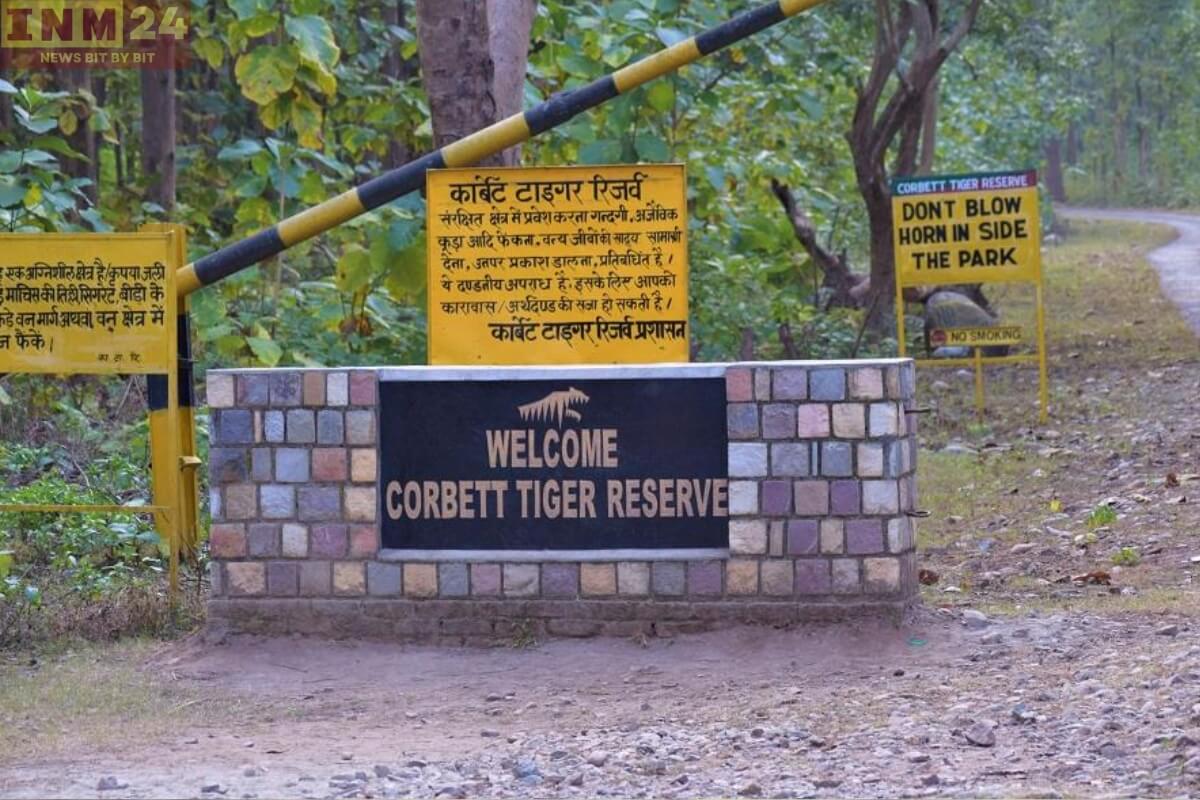In a recent development, the Supreme Court of India has raised concerns over the alarming rate of deforestation in the Corbett Tiger Reserve, likening it to a “waste bin” for environmental degradation. The court’s remarks come as a wake-up call to address the pressing issue of habitat loss and degradation within one of India’s most iconic tiger reserves.
Threats to Corbett Tiger Reserve’s Rich Biodiversity and Tiger Habitat
The Corbett Tiger Reserve, located in the state of Uttarakhand, is renowned for its rich biodiversity and as a crucial habitat for the endangered Bengal tiger. However, rampant deforestation and encroachment on forest land have increasingly threatened the integrity of this vital ecosystem.
The Supreme Court’s criticism underscores the urgent need for action to preserve and protect the natural habitats of wildlife, particularly in protected areas like the Corbett Tiger Reserve. Deforestation not only diminishes the habitat available for tigers and other wildlife but also disrupts ecological balance and exacerbates the impacts of climate change.
The court’s intervention serves as a reminder of the importance of stringent enforcement of environmental laws and regulations to prevent further degradation of forested areas. It calls upon relevant authorities to take proactive measures to curb illegal logging, encroachment, and other activities detrimental to forest conservation efforts.
Furthermore, the Supreme Court’s remarks highlight the need for sustainable land-use practices and community engagement in conservation initiatives. Collaborative efforts involving local communities, government agencies, and conservation organizations are essential to promote responsible stewardship of natural resources and mitigate the adverse effects of deforestation.
Urgent Action Needed to Address Deforestation in Corbett Tiger Reserve
The Corbett Tiger Reserve’s designation as a “waste bin” for deforestation underscores the urgency of addressing this critical issue and implementing effective measures to protect and restore forest ecosystems. Failure to take immediate action risks irreparable damage to biodiversity and undermines efforts to conserve India’s natural heritage.
The Supreme Court’s criticism of deforestation in the Corbett Tiger Reserve serves as a clarion call for concerted action to address environmental degradation and safeguard precious ecosystems. It is imperative for stakeholders at all levels to prioritize forest conservation efforts and work towards ensuring the long-term survival of India’s iconic tiger reserves and the biodiversity they support.
